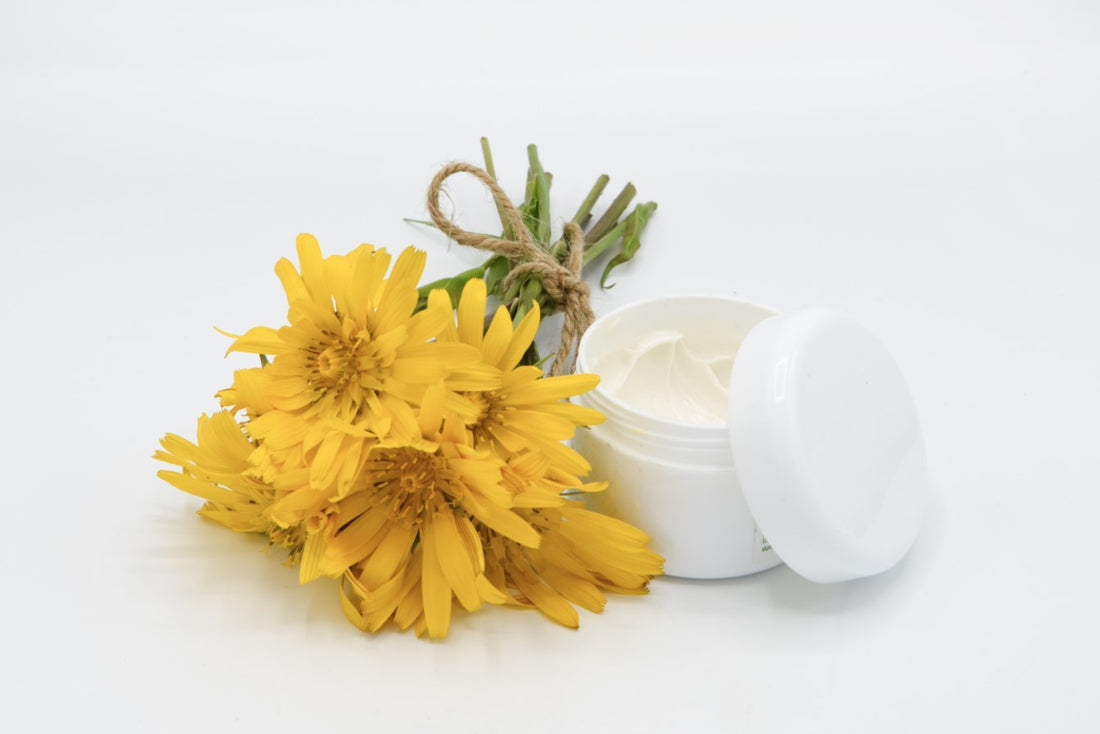Arnica is a natural herb that has been used for centuries in traditional medicine for its potential therapeutic benefits. When incorporated into topical formulations, such as creams, gels, or ointments, arnica can offer several potential advantages:
1. Discomfort Relief: Arnica is often used topically to relieve discomfort associated with muscle aches, joint discomfort, and bruises. It contains compounds believed to have anti-inflammatory and analgesic (discomfort-relieving) properties. When applied to the skin, arnica can help reduce discomfort and improve mobility.
2. Anti-Inflammatory: Arnica may help reduce inflammation in the affected area. This can be particularly beneficial for conditions like arthritis, where joint inflammation is a primary source of discomfort and stiffness.
3. Bruise Reduction: Arnica is commonly used to minimize bruising. It is believed to promote the reabsorption of blood from bruised tissue, which can speed up the healing process and reduce the appearance of bruises.
4. Swelling Reduction: Arnica can help reduce swelling and edema. This can be useful in cases of minor injuries, sprains, or strains.
5. Improved Circulation: Some proponents of arnica suggest that it may help improve local blood circulation when applied topically. This improved circulation can aid in the healing process by delivering oxygen and nutrients to the affected area.
6. Relief for Osteoarthritis: Some individuals with osteoarthritis find relief from arnica-containing topicals. By reducing discomfort and inflammation, arnica creams or gels can enhance the quality of life for people with this condition.
7. Minor Skin Irritations: Arnica topicals can provide relief from minor skin irritations, such as insect bites, rashes, and itching.
8. Post-Surgery Healing: Arnica is sometimes used to help with post-surgery recovery. It is believed to reduce swelling and bruising in the surgical area.
9. Ease of Use: Topical arnica products are easy to apply and can be used directly on the affected area without the need for ingestion or injections.
10. Few Side Effects: When used topically as directed, arnica generally has few side effects. However, it's important to follow instructions carefully to avoid skin irritation or allergic reactions.
While arnica can offer these potential benefits in topical form, it's essential to use it cautiously. Arnica should not be applied to open wounds or broken skin, and it should not be ingested without proper dilution and guidance from a healthcare professional. Additionally, individual reactions to arnica can vary, so it's wise to do a patch test on a small area of skin before applying it more extensively.
Always consult with a healthcare provider or a qualified herbalist before using arnica, especially if you are pregnant, nursing, or taking medications, as it can interact with certain drugs and may not be suitable for everyone.

